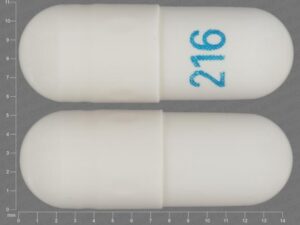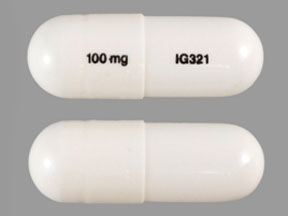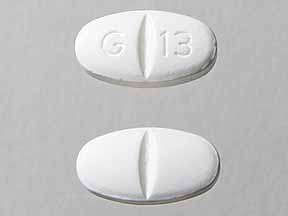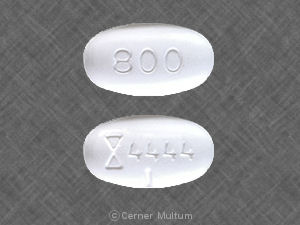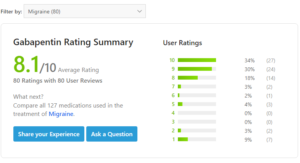Pill with imprint 216 is White, Capsule/Oblong and has been identified as Gabapentin 100 mg. It is supplied by Ascend Laboratories, LLC. Gabapentin is used…
Pill with imprint 100 mg IG321 is White, Capsule/Oblong and has been identified as Gabapentin 100 mg. It is supplied by InvaGen Pharmaceuticals, Inc. Gabapentin…
Pill with imprint G 13 is White, Oval and has been identified as Gabapentin 800 mg. It is supplied by Glenmark Generics Inc. Gabapentin is…
The anti-seizure medication gabapentin is not currently considered a narcotic or controlled substance by the federal government, but certain states have enacted legislation so that…
Gabapentin is a generic prescription drug that is FDA-approved as an add-on treatment with other medications for partial seizures in those with epilepsy. It can…
Gabapentin (Generic Neurontin ) was developed to treat epilepsy, but it is now used to treat various forms of chronic pain. It works by reducing the…
What is Diabetic Peripheral Neuropathy: A common complication of diabetes mellitus in which nerves are damaged as a result of hyperglycemia (high blood sugar levels) Not…
